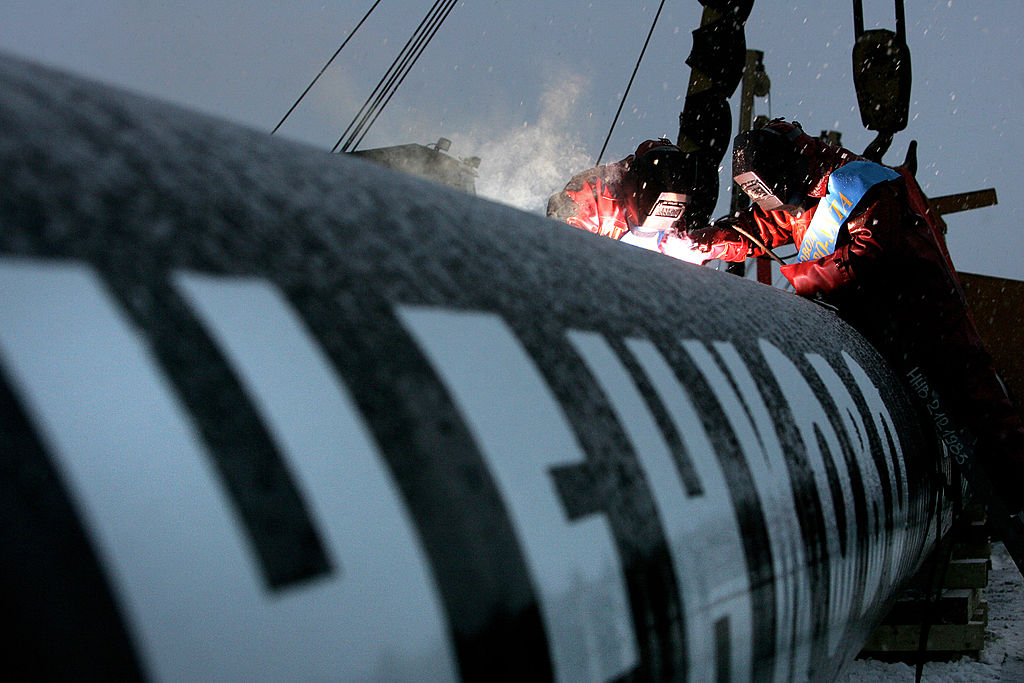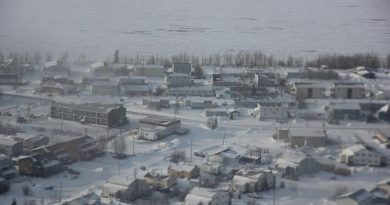Gas pipelines threatened by methane explosions on Russian tundra

Gas pipes supplying Europe run right over swelling Yamal tundra which is deeply unstable to the release of underground methane.
Russia’s leading expert on methane explosions on the tundra, Professor Vasily Bogoyavlensky, says to the Siberian Times that in some places swelling tundra jacks up gas pipes.
“In a number of areas pingos – we see both from satellite data and with own eyes during helicopter inspections – they literally prop up gas pipes,” says Professor Bogoyavlensky.
His analysis show gas pipelines running over the swelling tundra on the Yamal Peninsula. The region has Russia’s largest and most important natural gas fields and is key to supplying Europe.
Thawing permafrost and methane release
The unstable tundra is due to the release of underground methane that had been frozen in permafrost, but is now thawing. Over the last three years, several methane explosions in the Yamal region have created huge craters, some 50 meters deep and tens of meters in diameter.
The Siberian Times points to one recent explosion where permafrost soil was thrown around 1 kilometre from the epicentre of the blast. Flames shot into the sky, and a 50 metre-deep crater was formed from the eruption, the newspaper reports.
It is a sharp warming of Arctic climate that causes the permafrost to melt.
Experts evaluating the recent findings say the risk of more explosions under gas supply pipelines “is clearly acute.”
Related stories from around the North:
Canada: Climate-driven Arctic permafrost thaw will dramatically alter northern landscapes: study, Radio Canada International
Denmark/Greenland: Greenland earthquake and tsunami – hazards of melting ice?, blog by Irene Quaile, Deutsche Welle
Finland: Finland looks to put education, environment at top of Arctic agenda, Yle News
Norway: Researchers voice concern about warmer Arctic waters and effects on fish, The Independent Barents Observer
Russia: 2016, warmest year on record in Russian Arctic, The Independent Barents Observer
Sweden: Sweden’s climate minister : U.S. withdrawal from Paris sends a bad signal, Radio Sweden
United States: ‘The permafrost is dying’: Alaska city sees increased shifting of roads and buildings, Alaska Dispatch News



